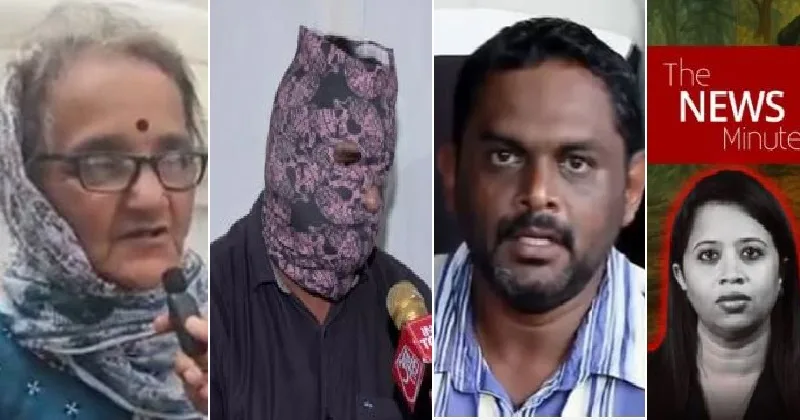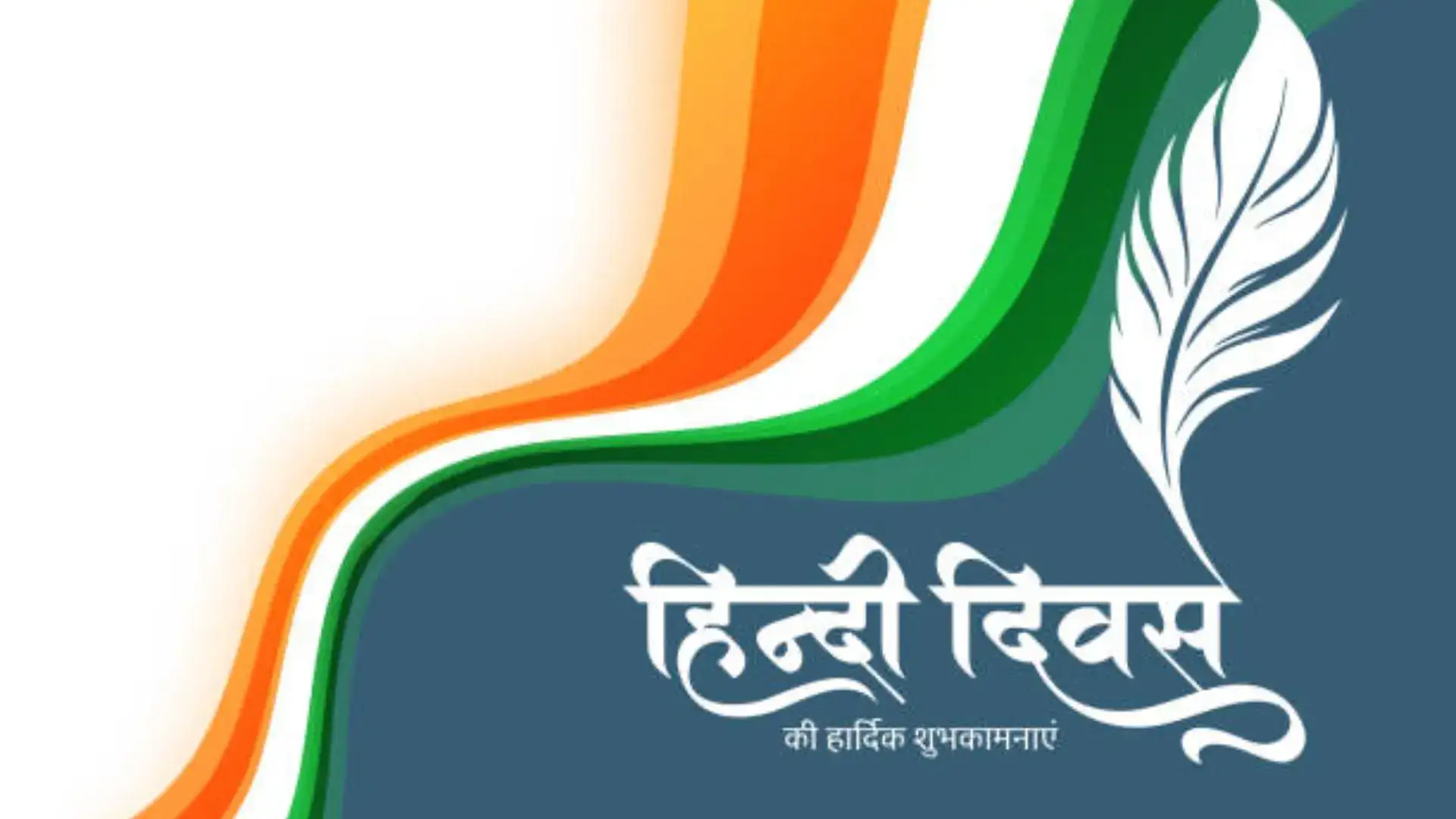By Andrew Bucklow
Copyright news

From late December, you’ll need to prove that you’re at least 18 years old in order to access that kind of material.
But it won’t be as simple as just entering your date of birth.
Where are these changes coming from?
The changes come from a new online safety code announced by the Federal Government’s eSafety Commissioner. The government’s goal is to protect children from harmful material, particularly violence and online pornography.
To do that, users will soon have to verify their age when signing into services like Google or Microsoft, so content can be filtered if they’re under 18.
Despite the code’s good intentions, RMIT Professor Lisa Given told news.com.au the changes “will definitely create more headaches for the everyday consumer and how they log in and use search services.”
Which sites are required to verify your age
The majority of countries that have introduced age verification laws have put the onus on sites that host or provide age-restricted content (such as PornHub) to verify a person’s age, but the Australian government has opted for a different approach.
“ What this government has brought in is something that happens at the search engine login level (Google or Microsoft),” Prof Given said.
“ I think it’s actually a bit of a simplistic solution to what’s a really complex problem.
“ I definitely believe if we’ve got content that’s for 18 and overs there should be some controls, but I think if it’s more targeted and dealt with at the site by site level, that’s likely a better solution.
“Trying to do this one size fits all across an entire search practice is actually really, really difficult.”
What does this mean in practical terms
If you’re signed in with your Google or Microsoft account, you’ll need to verify that you’re 18 years or older in order for adult content to show up in your search results, or to access adult sites.
At the moment, it’s unclear whether that will be a one-off check or if you’ll be required to do it every single time you log in.
For under-18s, explicit results will simply vanish from search, with Prof Given saying they “won’t even know what’s missing”.
How will Google and Microsoft verify your age
“ We’re not sure yet exactly what the services are going to choose to do,” Prof Given told news.com.au.
“We know that just ticking a box saying, ‘are you over the age of 18? Yes or no’, is not going to be sufficient.
“They’re going to have to do something either using technology like facial scanning to estimate your age, they could ask for ID, they could also just look at the content they already know about you.
“(For example) if you already have an account and you’ve had it for 20 years, then they would know that you’re obviously over the age of 18 and that could be enough to satisfy what they need to do.”
News.com.au has reached out to Google for comment but is yet to receive a response.
What happens if the search engines don’t comply
Search engine providers could be forced to pay a fine of up to $49.5 million for a breach if they don’t comply with the new code.
What if I don’t sign into Google or Microsoft
Even if you’re not logged in, Google and Microsoft will still be expected to shield children from harmful content.
That could mean blurred image previews in search results, though once clicked, the content itself will remain accessible.
Can you avoid the age checks
According to Prof Given, age checks could potentially be avoided by users trying to get around the rules when they come into effect, by remaining signed out of Google or Microsoft accounts.
There is also concern users could get around them by gaining access via a VPN, which tricks your computer into thinking you’re accessing the internet from another country.
“This is definitely a loophole and we’ve seen that in the UK where they recently did bring in this type of restriction for online porn sites,” Prof Given told news.com.au.
“VPN registrations went up by an amazing number, something like an 1800 per cent increase within the first four days of that going live.”
Major problems with the new code
Essentially, it’ll be up to Google and Microsoft to decide what content is appropriate for people under the age of 18 to view, and with hefty fines on the line, it would be fair to assume they’ll take a conservative approach.
“My concern is that we’re going to inadvertently block really relevant information,” Prof Given said.
“For example, if a teenager was wanting information about breast cancer, the word ‘breast’ could inadvertently push them away from content that’s actually extremely valuable.”
Another risk is that parents/adults forget to sign out of their Google/Microsoft accounts before children use the same device, meaning they could be exposed to adult content.
How will Aussies respond?
It’s still unclear how the search engine providers will verify a user’s age, and how often.
But Prof Given expects many Aussies will do their best to circumvent the age verification checks from December onwards.



